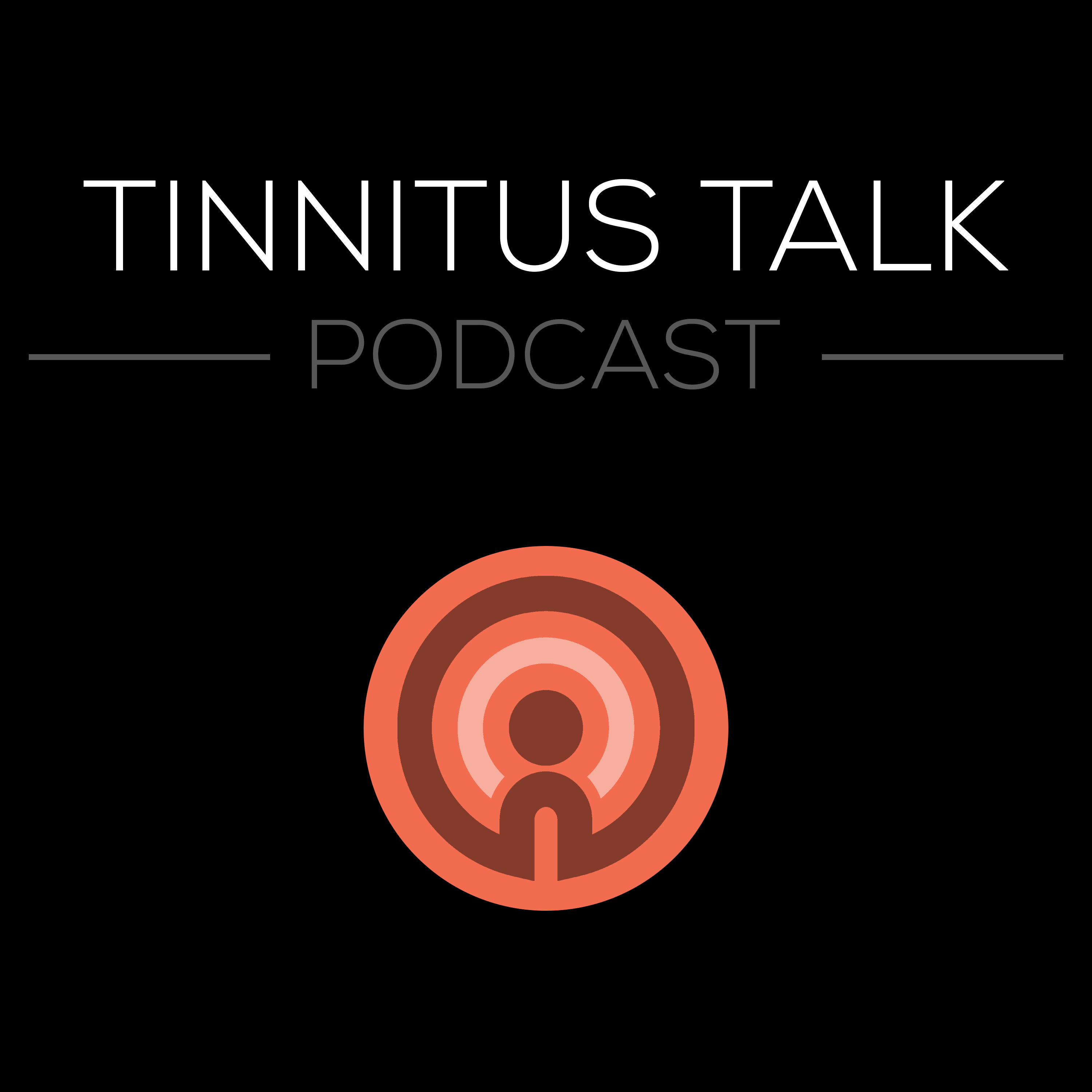Good Tinnitus Science, Bad Tinnitus Science
Description
We often talk about the lack of research and funding for tinnitus. But what about the quality of research? Do tinnitus sufferers benefit from the research that is conducted? In reality, many studies are conducted improperly, thus giving misleading results and false promises for patients.
During this episode, we dive deep into concepts like research design, patient selection, outcome measures, statistical analysis, and everything else required for high-quality studies. We focus on studies that assess tinnitus interventions; in other words, studies that measure the effectiveness of new treatments. How do we ensure that such studies generate valuable information for patients?
We discuss these topics with Inge Stegeman, an epidemiologist from the University of Utrecht, and Jorge Simões, Assistant Professor in data science and mental health at the University of Twente.
(00:00) Why Is This Topic Important?
(16:15) Things That Can Go Wrong in Designing a Study
(24:55) How Do We Measure the Success of Clinical Trials?
(35:54) Open Science and the Importance of Being Systematic
(39:24) Breaking Out of Research Silos
(46:04) The Importance of Negative Results
(49:43) Being Honest About Study Outcomes
(55:59) Reasons for Optimism
(58:39) Unifying Tinnitus Research
Become a Tinnitus Talk Podcast Patron at https://moretinnitustalk.com for bonus content, video interviews, Ask an Expert series, and more!
More Episodes
Published 04/13/24
We revisited with an old friend of the podcast: Dr. Josef Rauschecker. He was our first ever guest – go back and listen to that episode! – who came up with the famous 'gating' theory of tinnitus.
Josef’s gating theory poses that while neural ‘noise’ may arise in the ear and lower brain regions...
Published 01/10/24
How to use sound to relieve tinnitus without wasting your money.
Published 01/25/23


